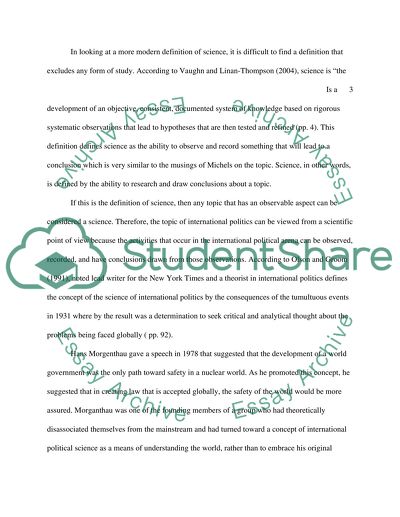Cite this document
(The Topic of International Politics Case Study Example | Topics and Well Written Essays - 2774 words - 1, n.d.)
The Topic of International Politics Case Study Example | Topics and Well Written Essays - 2774 words - 1. Retrieved from https://studentshare.org/politics/1565412-theories-and-research-strategies-in-international-politics
The Topic of International Politics Case Study Example | Topics and Well Written Essays - 2774 words - 1. Retrieved from https://studentshare.org/politics/1565412-theories-and-research-strategies-in-international-politics
(The Topic of International Politics Case Study Example | Topics and Well Written Essays - 2774 Words - 1)
The Topic of International Politics Case Study Example | Topics and Well Written Essays - 2774 Words - 1. https://studentshare.org/politics/1565412-theories-and-research-strategies-in-international-politics.
The Topic of International Politics Case Study Example | Topics and Well Written Essays - 2774 Words - 1. https://studentshare.org/politics/1565412-theories-and-research-strategies-in-international-politics.
“The Topic of International Politics Case Study Example | Topics and Well Written Essays - 2774 Words - 1”, n.d. https://studentshare.org/politics/1565412-theories-and-research-strategies-in-international-politics.


